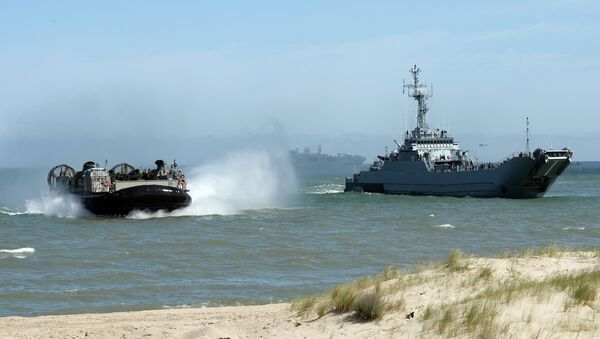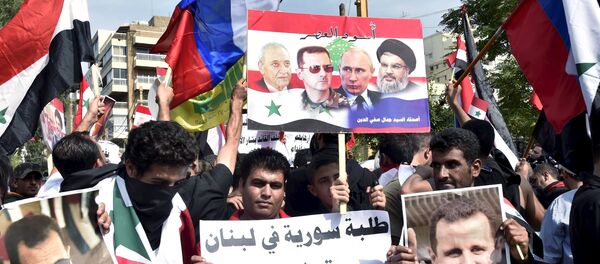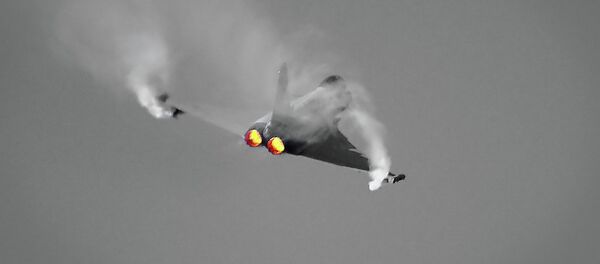"I think it's possibly the beginning of the end of the North Atlantic Treaty Organization. I think it's that serious," Jones told the Washington Examiner. "We just can't sit back and let this happen."
The threat to NATO's very existence, Jones believes, comes from Russia's assertive foreign policy. Although Russia does not threaten any country, whether it is a NATO member or not, the alliance and its aficionados have long chosen Moscow as their archenemy.
In general, the plight of Syrians in the Middle East and beyond has been an eye-opener for many in Europe. Officials and experts in European states, including some NATO members, have refused to follow Washington's lead in the Middle East and are increasingly supporting Moscow's strategy to ending the Syrian civil war and stopping the massive wave of immigration it helps fuel.
Comments similar to that of Jones have been made quite often. They appear to be part of a strategy, which some hope will help to keep NATO afloat. The idea is simple: claim that the bloc's member states are threatened by a powerful enemy and push for increased defense spending while increasing internal cohesion.
A survey conducted by the Pew Research Center in June revealed that the majority of Germans (58 percent), the French (53 percent) and Italians (51 percent) do not want their country to provide military support to a fellow bloc member if it is attacked by Russia. Probably, because they know that it is an unrealistic scenario and do not see Russia as an enemy.
Increasing defense spending does not seem to be on the agenda of key NATO members in Europe either.
Few states have managed to fulfill their pledge to spend 2 percent of their GDP on defense. According to a research published by the European Leadership Network in February 2015, Bulgaria, Canada, Hungary, Italy, Germany and the United Kingdom planned to cut their defense expenditures this year.



